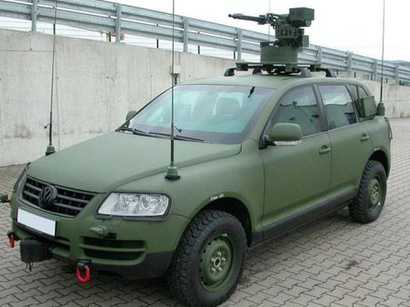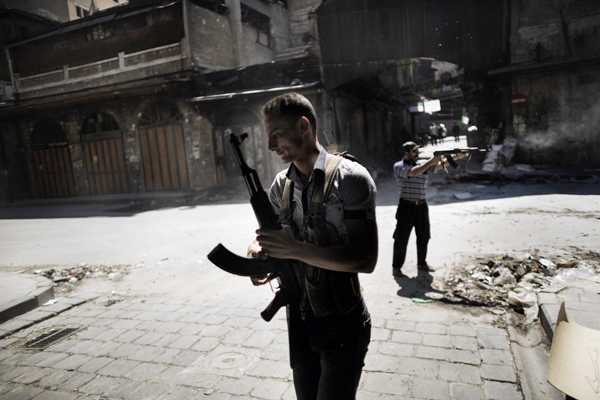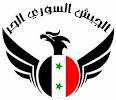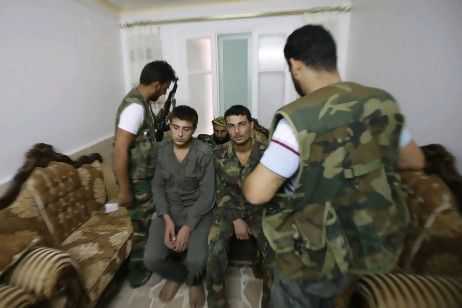Syrian rebels celebrating a takeover of Ceylanpinar, a Turkish border town, on Thursday.
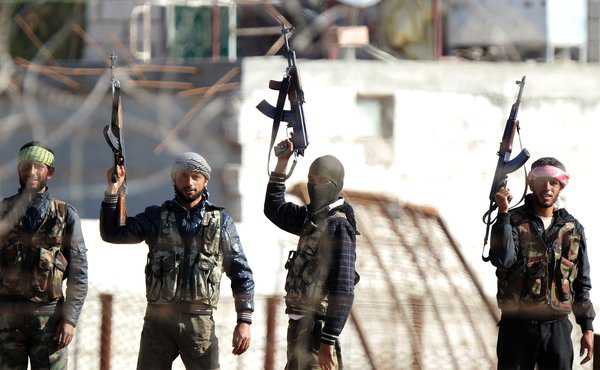
By SEBNEM ARSU and TIM ARANGO
ISTANBUL — Turkey made it clear on Thursday that it officially recognized a newly formed rebel coalition as the legitimate leader of the Syrian people, an important step in the group’s effort to attract legitimacy and, it hopes, more weapons to bring about the end of President Bashar al-Assad’s rule.
Turkey “once again reiterates its recognition of the Syrian national coalition as the legitimate representative of the Syrian people,” Turkey’s foreign minister, Ahmet Davutoglu, said in a speech at an Organization of Islamic Cooperation meeting in Djibouti, the tiny country on the Horn of Africa.
The announcement by Turkey, Syria’s northern neighbor and a haven for thousands of Syrian refugees and rebel fighters, was the third significant recognition of the new group this week.
On Monday, members of the Gulf Cooperation Council — Saudi Arabia, Bahrain, the United Arab Emirates, Oman, Qatar and Kuwait — recognized the group, known as the National Coalition of Syrian Revolutionary and Opposition Forces.
On Tuesday, France became the first Western country to do so, and it said it was considering providing arms to the insurgent groups within Syria that have been engaged in a 20-month-long war with the government that has claimed nearly 40,000 lives.
Mr. Davutoglu’s comments on Thursday followed a statement by Turkey’s Foreign Ministry earlier in the week in which it urged other nations to recognize the coalition.
That statement was meant to convey that Turkey itself recognized the new group, but it was not widely reported that way.
Turkey, along with Arab and Western countries, had pressured the Syrian political opposition, which had been seen as fractious and ineffectual, to realign itself as a broader coalition that included more officials from within Syria, which it did on Sunday after several days of wrangling in Doha, Qatar.
The previous group, the Syrian National Council, had been nurtured by Turkey and was based in Istanbul, but it came to be seen as a failure whose lack of credibility among the rebel fighting groups, loosely aligned under the banner of the Free Syrian Army, was an impediment to more aggressive involvement by other Arab and Western nations.
In his speech, Mr. Davutoglu cited the staggering human toll of Syria’s uprising, which began as peaceful protests in March 2011. He said more than 39,000 people had been killed, 2.5 million people had been displaced within Syria, and hundreds of thousands of refugees had fled to neighboring countries, including Turkey, Jordan, Lebanon and Iraq.
In Turkey alone, he said, 120,000 Syrians are residing in camps, and nearly 70,000 others are living elsewhere in the country.
Mr. Davutoglu also reiterated Turkey’s contention that Mr. Assad, once a close friend of Turkey’s, had lost all credibility and legitimacy because of his government’s repression of the opposition.
“The reason behind the ongoing tragedy is the Syrian regime that has refused to acknowledge the legitimate demands of the Syrians and has chosen to try to rule its people by brutal force,” he said.
Turkey has been perhaps the most vocal and aggressive supporter of the Syrian opposition, and it has long pushed for more international engagement in the conflict, which could be forthcoming as the new opposition coalition continues to gain legitimacy. On Thursday, according to The Associated Press, France’s foreign minister suggested that “defensive weapons” be provided to the rebels, and that the European Union should reconsider its arms embargo against Syria.
As the war has dragged on, Turkey’s support for the Syrian rebels has become a domestic issue for the government of Prime Minister Recep Tayyip Erdogan, which is facing a backlash from its own public over the mounting toll of the war because the fighting has brought cross-border trade to a halt and the influx of refugees has raised tensions in border communities.
A version of this article appeared in print on November 16, 2012, on page A16 of the New York edition with the headline: Turks Grant Recognition To Coalition Of Syrians.
via Turkey Recognizes Rebel Group as Head of Syria – NYTimes.com.

